Dispatches from the Frontier
Building on a 50-year legacy in computing research, the University of Southern California has launched the Frontiers of Computing initiative, a $1 billion-plus investment to consolidate USC’s leadership role in advanced computing research in artificial intelligence, machine learning and data science. Supported by a $260 million gift from the Lord Foundation, Frontiers will expand and infuse advanced computing throughout the university’s programs and curriculum, with ethics at its core. With Frontiers, the university aims to provide all students with knowledge of advanced computing that informs their areas of study, regardless of discipline, and a high awareness of the benefits and implications of technology and ethical development.
USC School of Advanced Computing
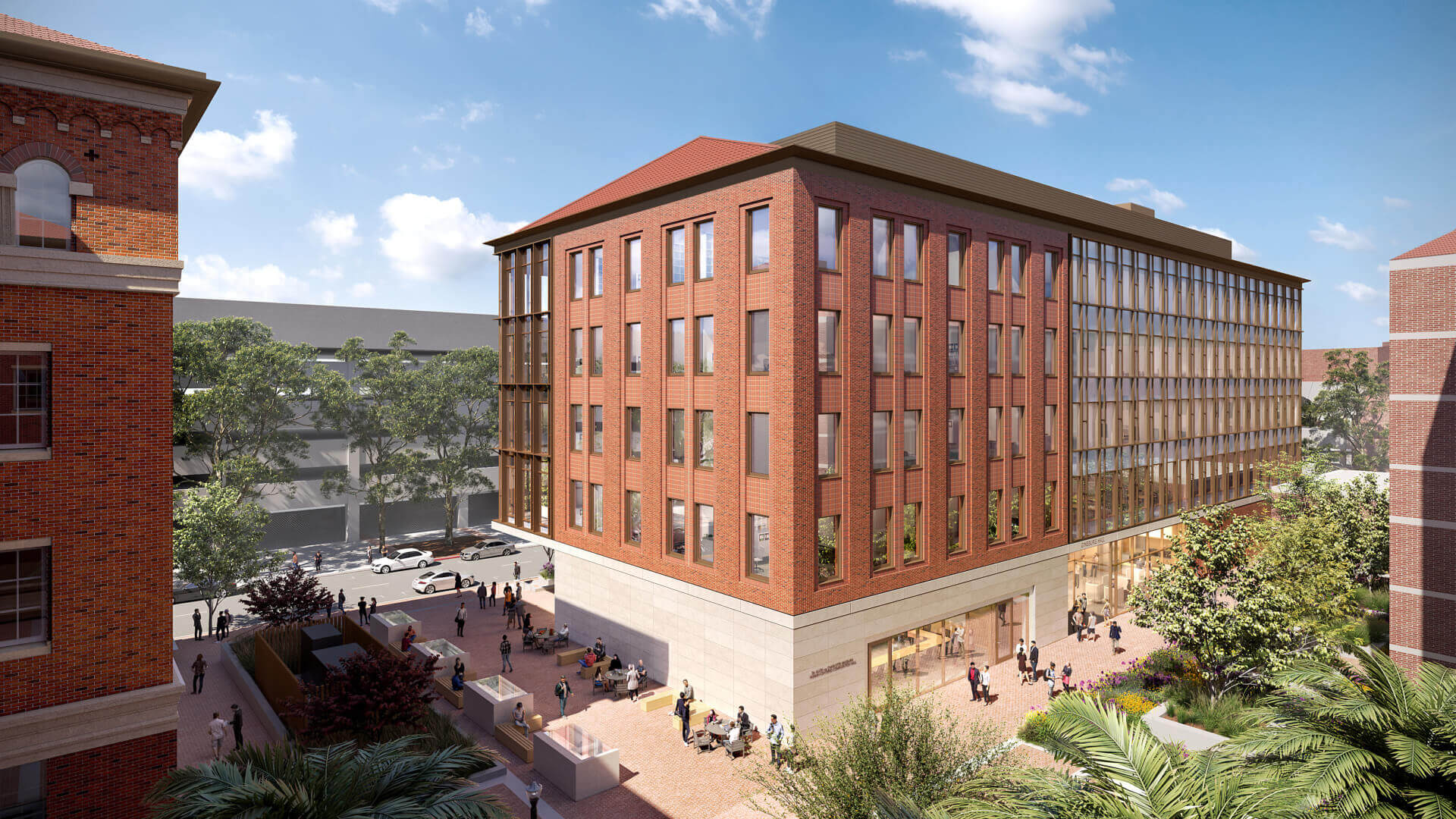
The most comprehensive academic initiative in USC’s history, Frontiers of Computing includes the new School of Advanced Computing, which serves as a nexus for advanced computing research and education across the university. The school, a unit of the USC Viterbi School and USC’s first new school in a decade, brings together engineers, scientists and professionals from disciplines spanning sustainability, health, sociology and the arts to tackle society’s most pressing issues, from climate change to public health, with ethics at the core. One of the school’s top priorities is hiring, with plans to add dozens of new faculty members by 2030.
The School of Advanced Computing consolidates USC’s position as a leading source of tech talent. Within the next decade, more than 28,000 USC students are projected to graduate with computing-related proficiency across different disciplines and degrees. USC is already the No. 2 feeder school for tech talent in Silicon Valley, according to a 2022 study from College Transitions.
“The world needs engineers and computer scientists to solve the Grand Challenges we face,” said USC Viterbi Dean Yannis C. Yortsos. “The new School of Advanced Computing will tackle this goal by developing reimagined engineering curricula that also emphasize the ethics of technology in our fast-changing world.”
Professor Gaurav Sukhatme, USC Viterbi’s executive vice dean, serves as the school’s inaugural director. The School of Advanced Computing will be headquartered in the 116,000-square-foot Dr. Allen and Charlotte Ginsburg Human-Centered Computation Hall, opening this year.
New Silicon Beach Campus
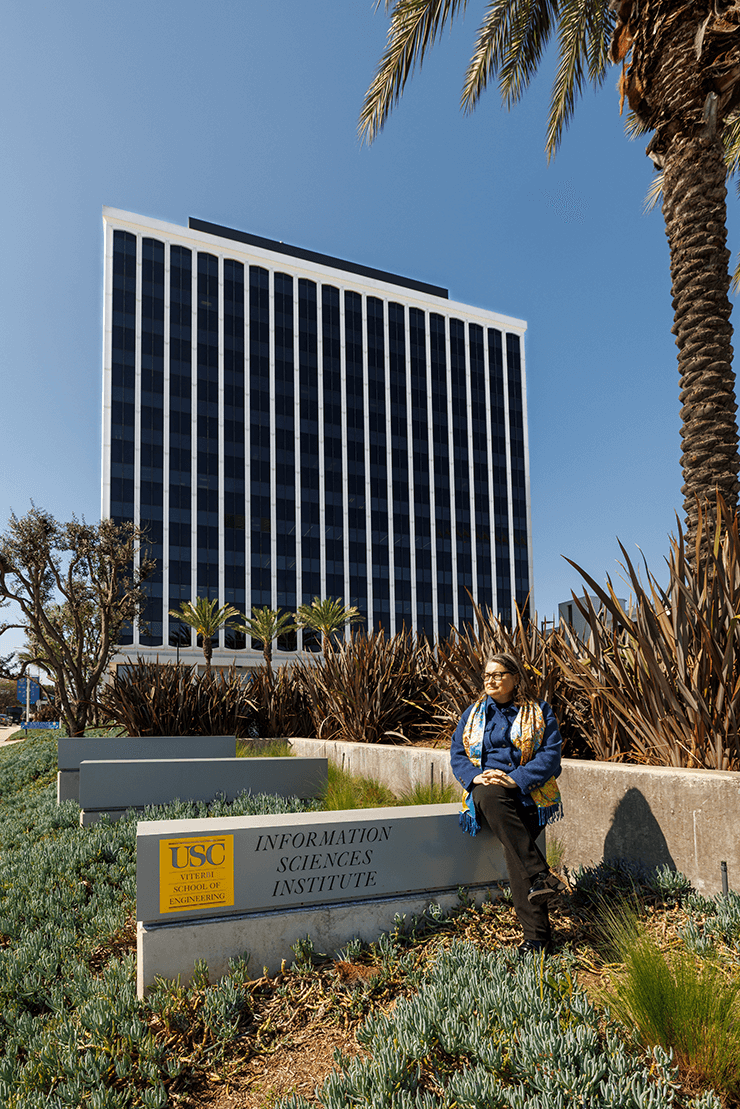
Frontiers of Computing will establish USC’s first new campus in 70 years, in Silicon Beach. Anchored by USC Viterbi’s two research powerhouses — the USC Information Sciences Institute in Marina Del Rey and the USC Institute for Creative Technologies in Playa Vista, the campus will spur the creation of high-tech businesses as well as firmly connect USC with the Westside tech corridor that includes facilities for Google, Amazon, SpaceX and other leading technology firms.
Los Angeles already has the sixth-largest startup ecosystem in the world, according to Crunchbase. The new Silicon Beach campus, along with other USC initiatives, will consolidate the region’s and university’s leadership position as engines of innovation. In 2021, the National Science Foundation tapped USC to lead the startup ecosystem for the western United States: The goal of the NSF I-Corps Hub: West Region is to accelerate tech commercialization and move breakthrough discoveries from the lab to the marketplace.
More World-Class Faculty
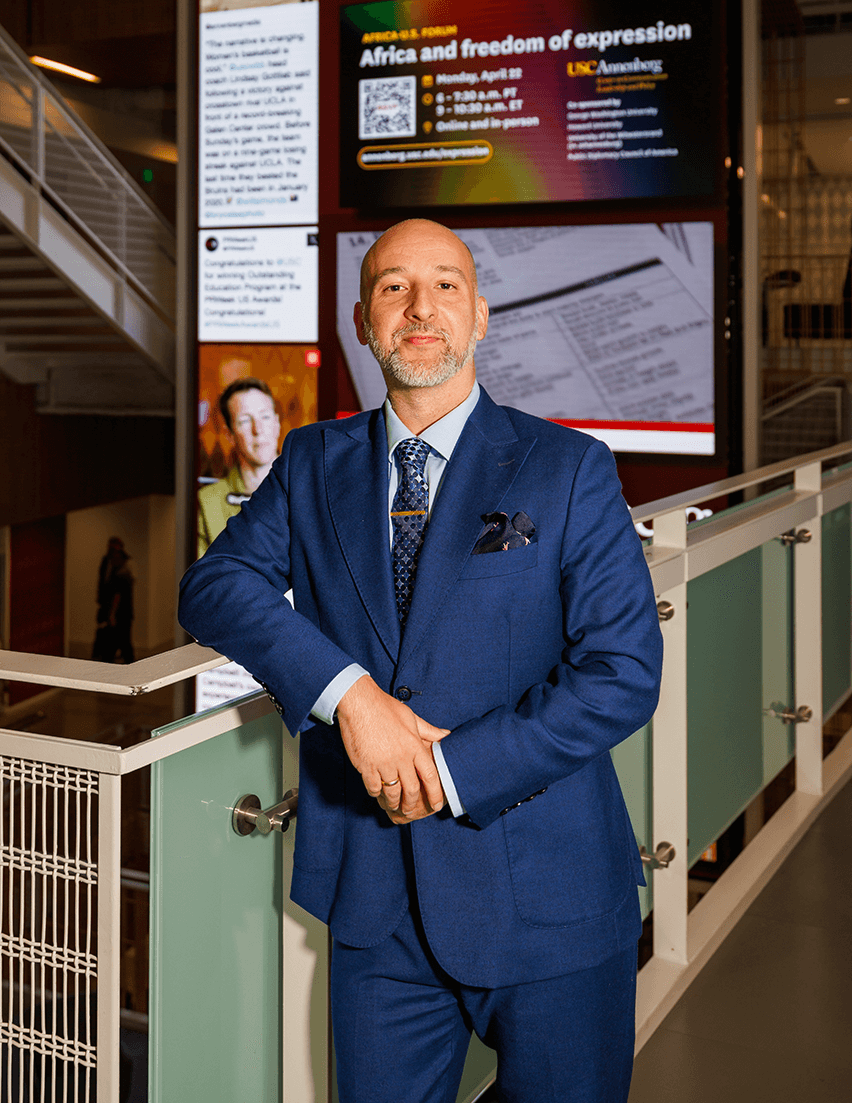
USC ranks in the top five nationally for federally funded research and development in computing research, recently attracting $110 million in governmental support.
Under Frontiers of Computing, USC plans to add to its enviable roster of world-class scientists and computation experts across multiple fields. Thirty new faculty members are expected to be appointed in priority areas by 2025, with another 60 hired by 2030. Initially, advancing AI and machine learning software, improving hardware efficiency and scalability, and expanding quantum computing will be emphasized. The new faculty will help cultivate the tech talent that Southern California, the nation and the world desperately need.
Building the Next Generation of Chips
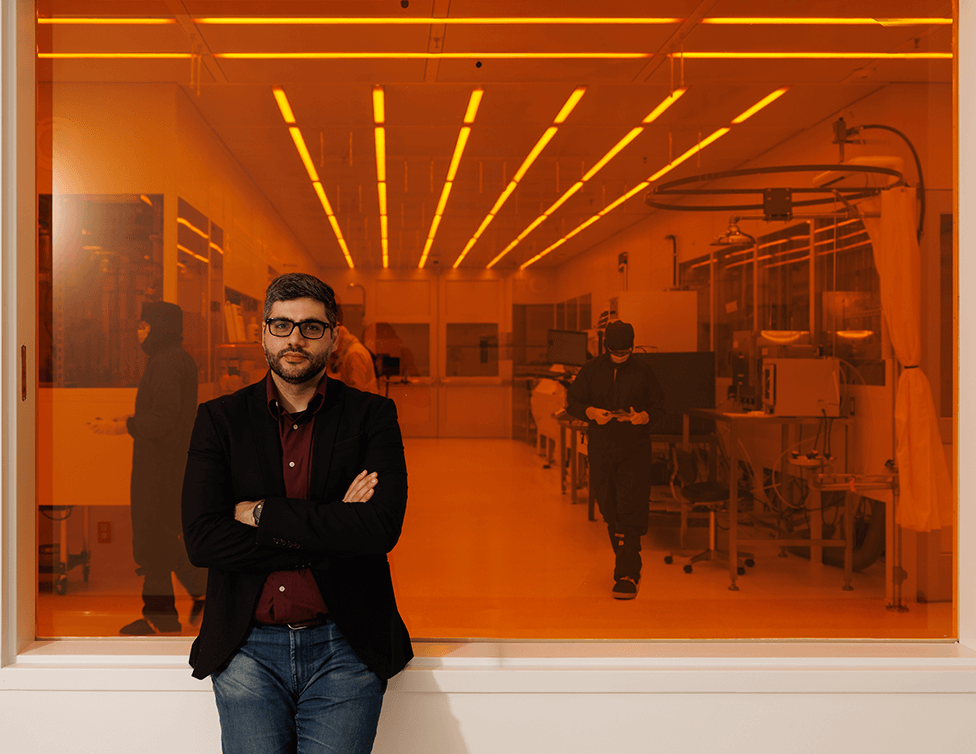
The Department of Defense selected USC to lead one of eight regional hubs to accelerate the development and manufacture of advanced chips in the United States. As part of the CHIPS and Science Act, the USC-led hub received an initial award of $27 million. Overall, the federal government has allocated $2 billion for the program.
USC Viterbi and its Information Sciences Institute will lead a coalition of 16 other universities, as well as contractors and workforce development partners including UCLA, Caltech and Northrop Grumman, to quickly translate the sophisticated materials and devices developed in academic labs to fabrication. Work will also focus on 5G/6G technologies.
“It’s USC’s privilege to be leading and collaborating with the powerhouse research universities and industry in Southern California, addressing national security, helping solve global problems, bringing major technological advances and jobs to our region, and ensuring U.S. economic growth,” USC President Carol L. Folt said.
AI for Everyone
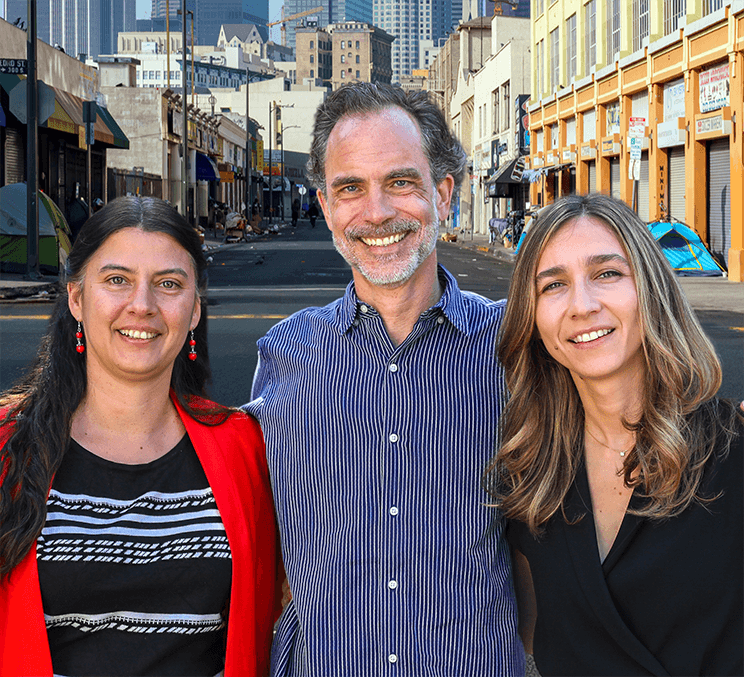
AI, an integral part of the Frontiers of Computing, will be infused into all of USC’s 23 schools.
In 2017, USC Viterbi alumni Ashish Vaswani and Niki Parmar wrote an academic paper that introduced the concept of “transformer architecture,” helping give birth to the popular chatbot ChatGPT. Scholars and others have cited the transformative paper nearly 100,000 times. In 2023, USC launched the Center for Generative AI and Society with $10 million in seed money and leveraging influential experts from the fields of computer science, film, media, education and more. The center will also catalyze innovation in and ethical uses of generative AI in areas such as the arts and education.
Frontiers also builds on USC’s past interdisciplinary successes in AI. In 2016, the university launched the Center for Artificial Intelligence in Society, or CAIS, one of the first centers to focus on AI for social good and the only academic hub that is equal parts engineering and social work.



